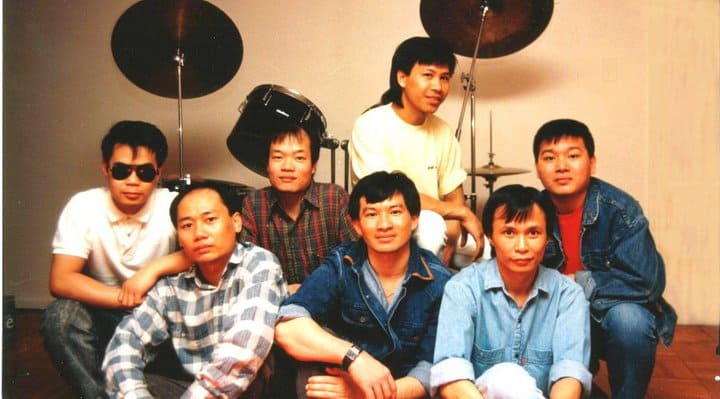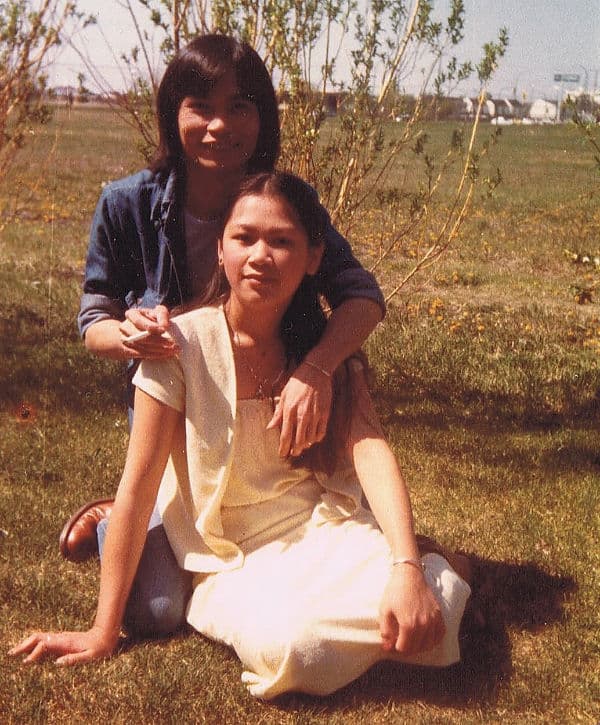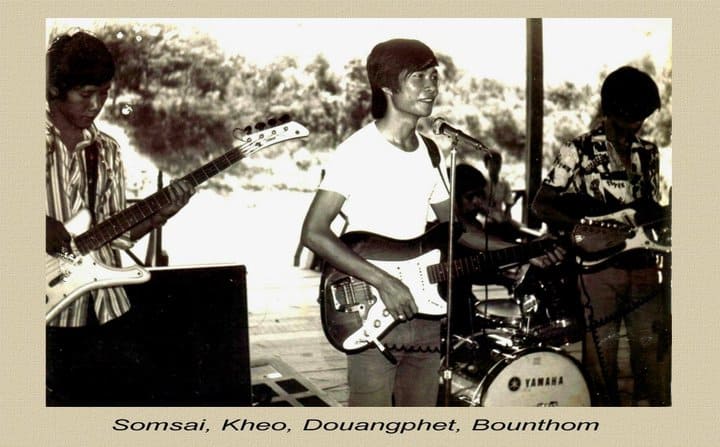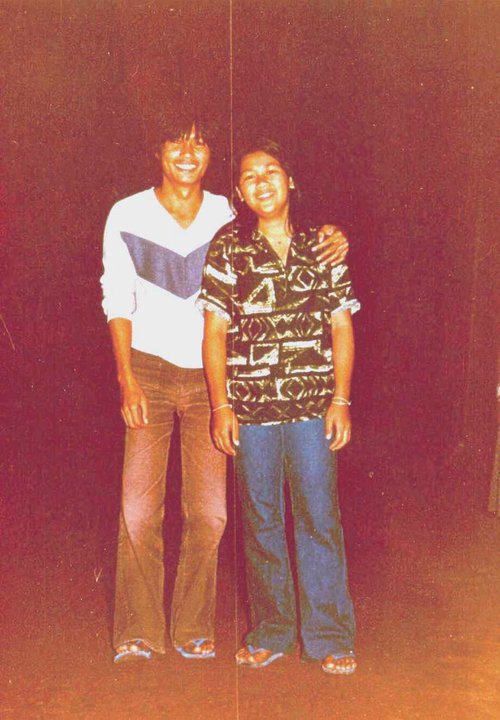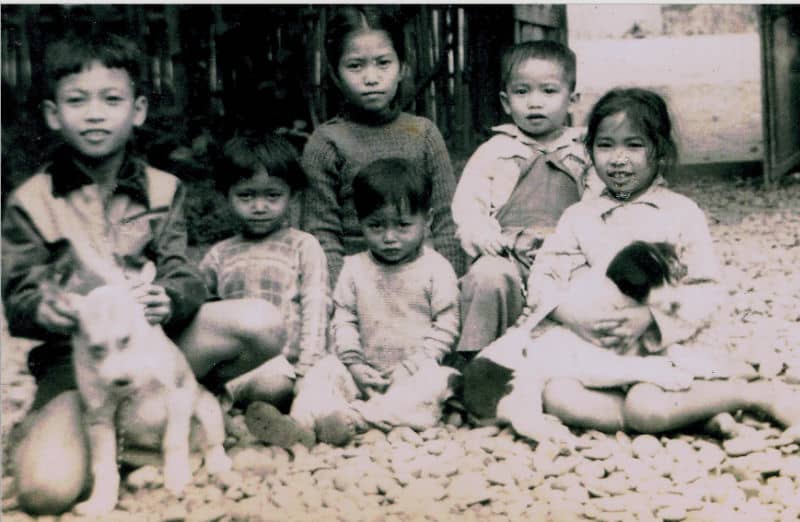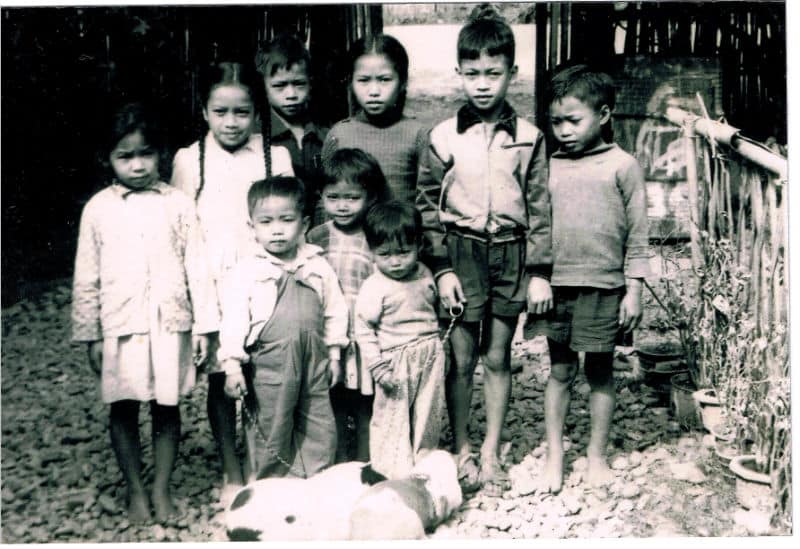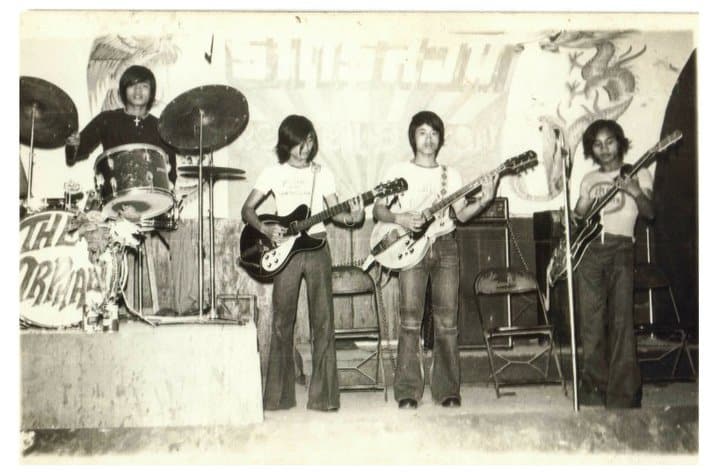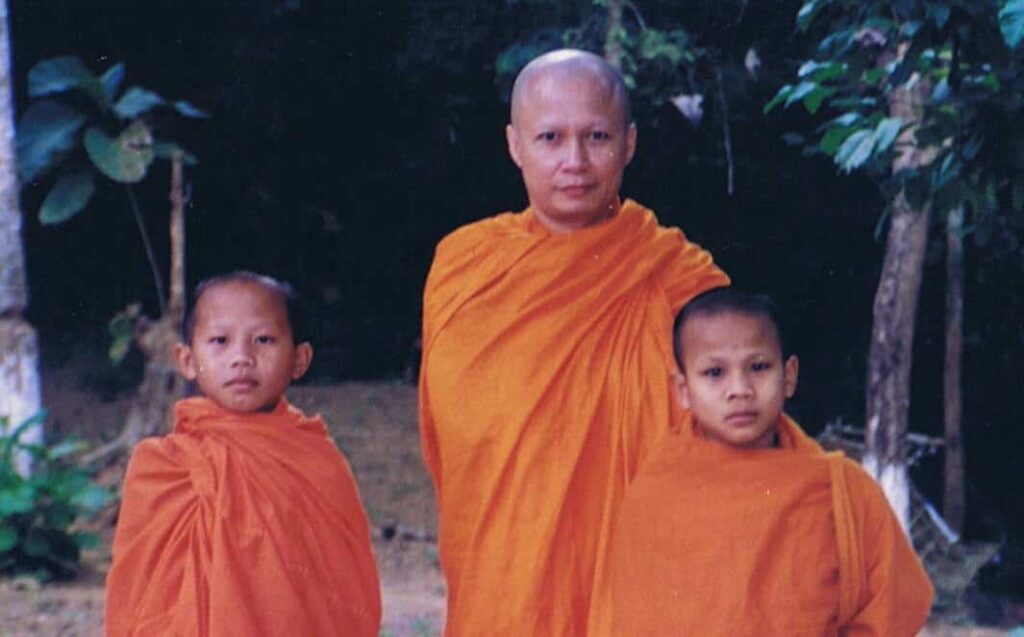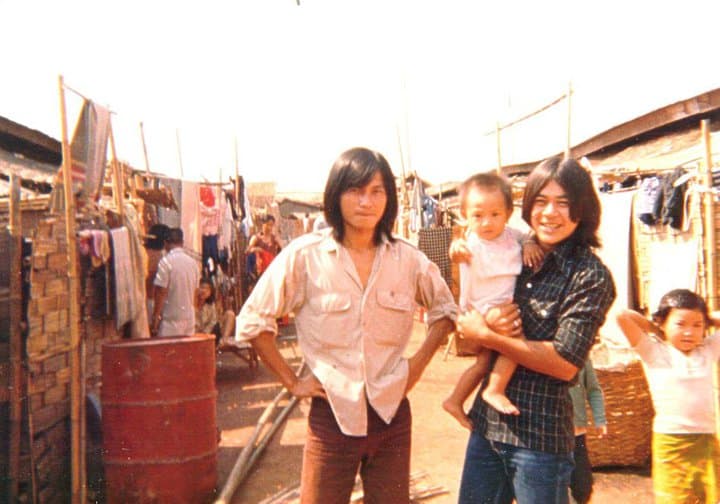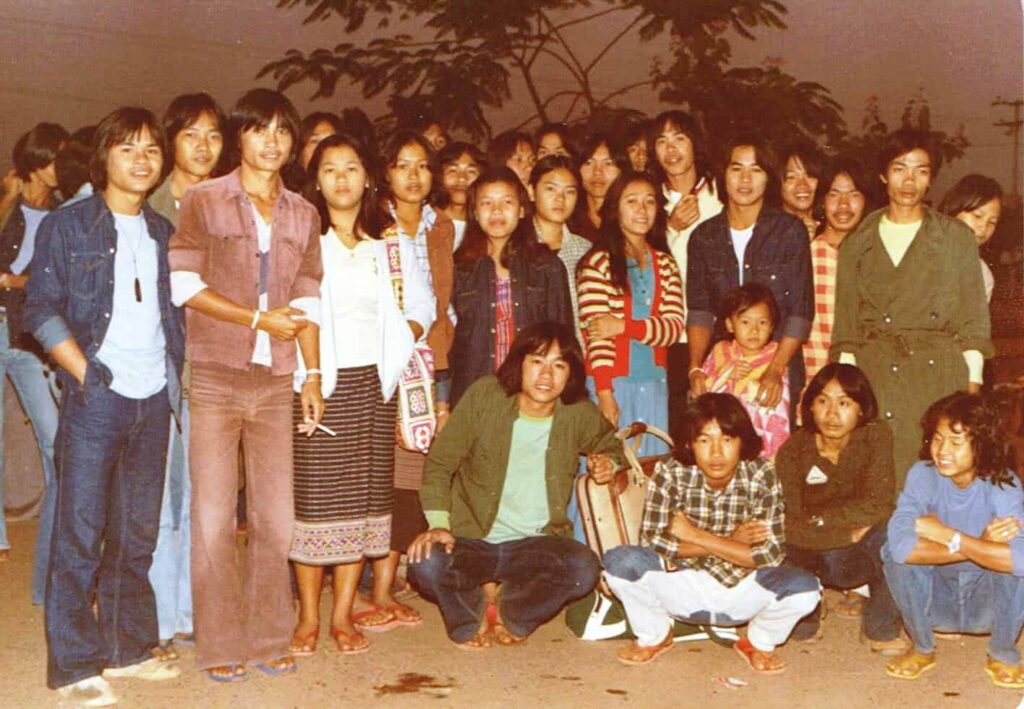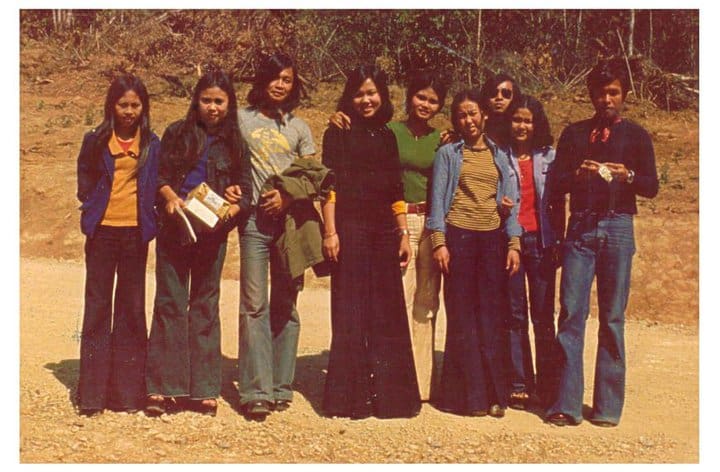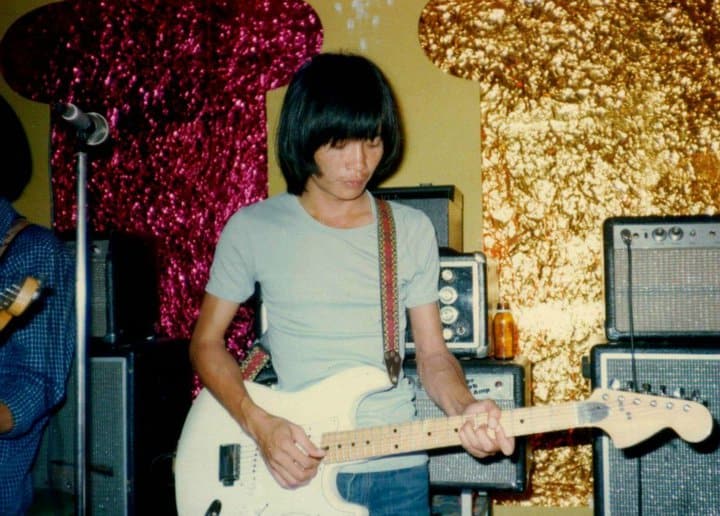HOF028: Oudom Pravat
At the age of 4, Oudom Pravat experienced the death of his father. His mother struggled to make ends meet and his family lived in poverty. As a result, he was sent to live with his aunt, uncle and cousins until his early 20s. When the political and economic situation in Laos became untenable for him, he was able, as a single male, to escape from Laos with the help of friends. He was ferried across the Mekong River to Thailand where he was apprehended and held by Thai Police. He remembered a frightening event during which he was interrogated by a police officer who had pointed a gun at his head while accusing him of being a Vietnamese spy. He eventually succeeded in convincing them that he was Laotian, not a spy.
During his stay in Thailand, he spent 2 years and 5 months in the Nong Khai refugee camp where he met and eventually married a young woman. After their long stay in the camp he was invited, along with his wife and step-brother to immigrate to Canada. They first settled in Winnipeg where his daughter was born. Later, the family moved to Ottawa briefly and then to Toronto where he found employment and stayed for 12 years, during which time the family welcomed two sons. They eventually moved to Ottawa where they settled permanently.
He and his wife are still employed, but expect to retire in the near future. His daughter is married, his first son moved to Toronto where he works for a financial company and his second son became a mechanic and continues to live in Ottawa.
The fellow mentioned that he was very grateful to the sponsors that supported him during his stays in Winnipeg and Ottawa.
He is very happy that he was able to leave his war-torn country and settle in Canada where he has worked, raised a family and lived in peace.

